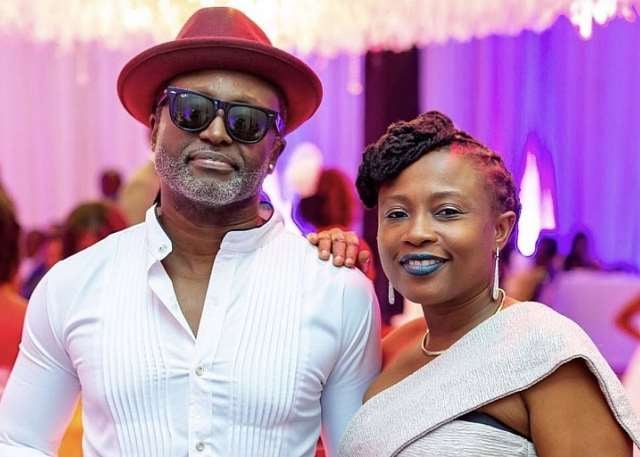Reggie Rockstone’s assertion that monogamy is a foreign imposition on African culture, not an indigenous practice, ignited a fervent discussion about the origins and evolution of relationship structures on the continent. His statement, delivered with the characteristic candor that has marked his career, challenged the conventional understanding of monogamy as a universally accepted norm in Africa. Rockstone argues that the continent’s historical embrace of diverse relationship models, including polygamy, was supplanted by the influx of Western and Christian ideals, which emphasized monogamy as the preferred, and often only acceptable, form of marital union. He posits that this cultural shift, driven by external forces, significantly altered the landscape of African relationships and continues to influence contemporary perceptions of marriage and partnership.
Rockstone’s argument resonates with a broader discourse on the impact of colonialism and religious conversion on African societies. Colonialism, a period marked by political and economic domination, also brought with it a profound cultural transformation. Western values, often presented as superior and civilized, were actively promoted and enforced, sometimes at the expense of pre-existing indigenous traditions. Christianity, introduced alongside colonialism, further reinforced the concept of monogamy as divinely ordained, adding a religious dimension to the societal pressure to conform to this marital structure. This historical context provides a framework for understanding Rockstone’s claim, highlighting how external influences have shaped African cultural norms over time.
While challenging the conventional narrative of monogamy’s African roots, Rockstone simultaneously emphasizes the personal nature of his own monogamous lifestyle. He clarifies that his choice to remain committed to one partner stems from his individual preferences and pursuit of tranquility, rather than adherence to societal or cultural expectations. This distinction is crucial. It underscores the fact that while he questions the historical imposition of monogamy on the continent, he respects the right of individuals to choose their own relationship structures based on their personal values and beliefs. His personal choice reflects the evolving nature of relationships in contemporary Africa, where individuals are increasingly exercising agency in defining their partnerships, often navigating a complex interplay of tradition, modernity, and personal conviction.
Rockstone’s stance, though potentially controversial, opens up a vital conversation about the fluidity of cultural practices and the complexities of defining “African” identity in a world shaped by globalization and intercultural exchange. It prompts a critical examination of whether cultural practices should be viewed as static and unchanging or as dynamic entities that evolve in response to internal and external influences. The debate also compels a deeper exploration of the concept of “African culture” itself, acknowledging the immense diversity of traditions and customs across the continent’s numerous ethnic groups and nations. Attempting to homogenize African culture overlooks the richness and complexity of its varied expressions.
Furthermore, Rockstone’s commentary encourages reflection on the role of individual agency in shaping cultural norms. While acknowledging the historical impact of external forces on African societies, he also highlights the power of individual choice in navigating these influences. His personal commitment to monogamy, despite his critique of its historical imposition, demonstrates that individuals can actively shape their own lives and relationships within the broader cultural context. This underscores the importance of recognizing individual agency as a driving force in cultural evolution. It emphasizes that culture is not a monolithic entity passively received but rather a dynamic and constantly evolving construct shaped by individual choices and collective experiences.
In essence, Reggie Rockstone’s remarks serve as a catalyst for a deeper engagement with the complexities of African culture and the evolving landscape of relationships on the continent. His perspective, while potentially contentious, encourages a critical examination of historical narratives, the fluidity of cultural practices, and the interplay of tradition, modernity, and individual agency in shaping contemporary African societies. It is a call to move beyond simplistic generalizations and engage in a nuanced and informed dialogue about the diverse and ever-evolving tapestry of African life.














